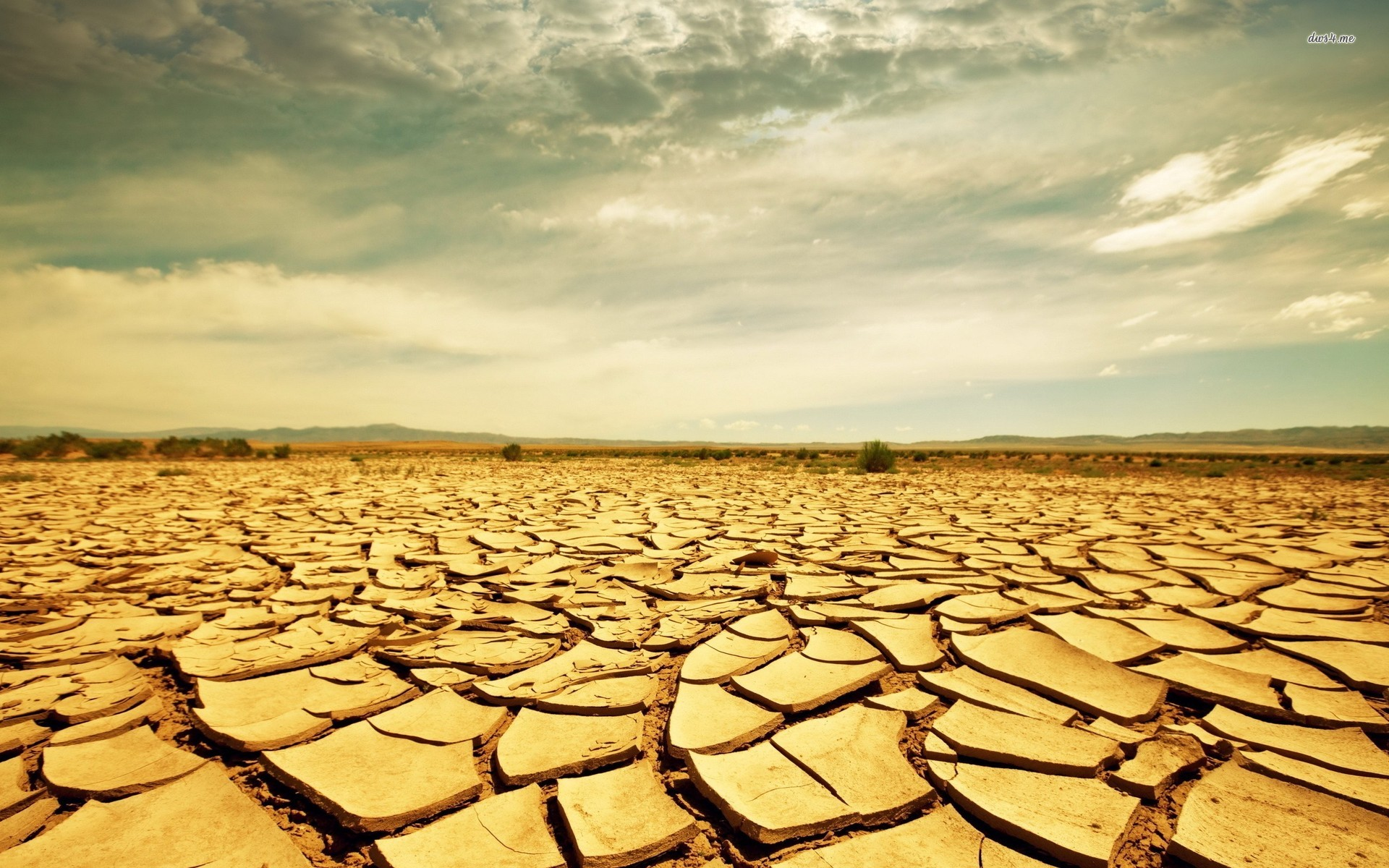It is a commonly held misconception that during prolonged period of drought most weeds perish and problem infestations are destroyed. However, with the vast number of drought tolerant weeds currently threatening biodiversity in Australia this unfortunately is not the case, with drought actually being a contributing factor for the spread of even non drought tolerant plants.
Fungi and bacteria that act as a natural biological ‘weed killer’ require moisture to grow. During prolonged periods of drought, these micro-organisms fail to grow and multiply and attack the seeds of weeds. With certain weeds having a viability of several years in soil in even dry conditions, this leads the seed unchallenged and healthy until such time that moisture returns to the soil and the seeds can germinate.
Changes in the chemical composition of soil during periods of drought an also help contribute to weeds, with the mineralisation of nitrogen in the soil being quickly absorbed by weed seeds following rain which enables them to quickly flourish. This mineralisation should be taken advantage of by crops and grasses in pastures so it is imperative that weeds be targeted for eradication as soon as they are identified in cropping situations to avoid desired species being deprived of essential nutrients in the soil.
In these instances, it is recommended that the sowing of crops be delayed for a week to allow the weeds to appear whilst they germinate, then remove them using a suitable herbicide and reliable motor driven spray unit to give full coverage of all weeds in the area.
Native animals also add to the problem of weed dispersal during drought, with small mammals such as mice and birds foraging for dried seeds on the soil surface and further disperse them in their droppings thus giving the seeds to opportunity to germinate further afield. These hardy seeds that stay on the soils surface are far more likely to germinate after a relatively small amount of rainfall. Although there is little chance of preventing this dispersal, landowners should remain vigilant for any new outbreaks of weeds once the rain returns.
For further information on weed management after periods of drought and advice on the best equipment to suppress infestations, call 1800 011 000 to contact a member of the Rapid Spray team or click here to view the range of weed suppression equipment.



